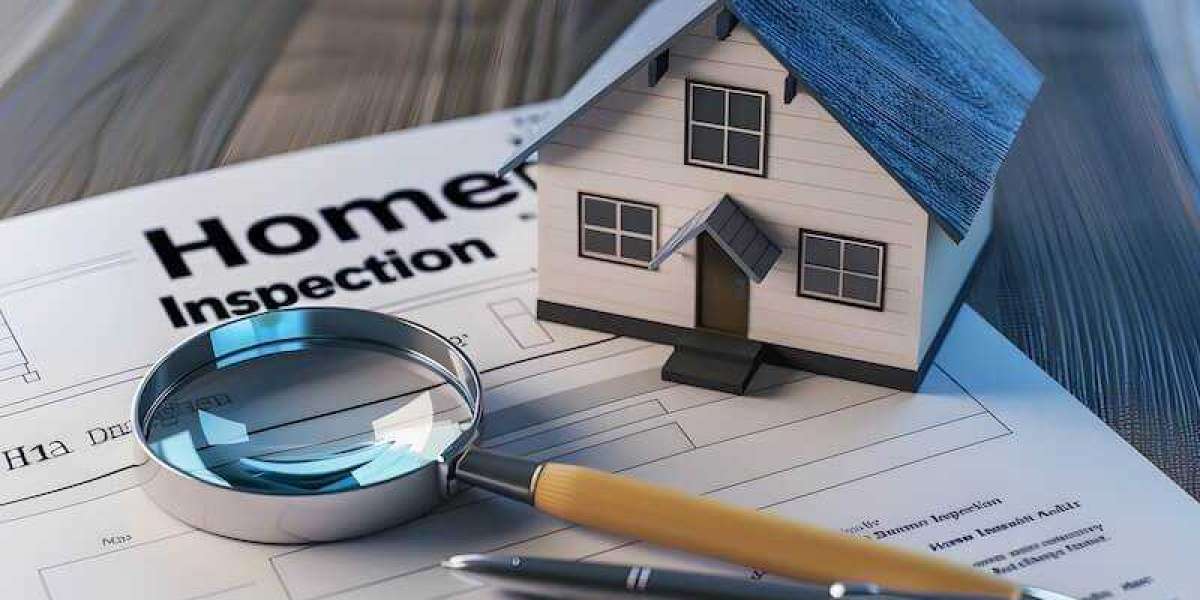When buying or selling a home, one of the most crucial steps in the process is getting a professional home inspection. Home inspections serve as a safeguard for both buyers and sellers, ensuring that properties are safe, sound, and free from hidden issues that could lead to costly repairs down the road. In this post, we'll explore the importance of home inspections and why they should be an essential part of any real estate transaction.
What Is a Home Inspection?
A home inspection is a comprehensive evaluation of a property's condition, typically performed by a licensed professional inspector. The inspection covers key areas of the home, including the foundation, roof, plumbing, electrical systems, heating and cooling systems, and more. The goal is to identify any potential issues that could affect the home's safety, livability, or long-term value.
For buyers, a home inspection provides peace of mind by revealing any problems that might not be visible during a walk-through. For sellers, a pre-listing inspection can help address issues before the home hits the market, streamlining the process and preventing delays.
Why Is a Home Inspection Important?
Uncover Hidden Problems Even a home that appears perfect on the surface may have underlying issues. Common hidden problems include water damage, mold growth, foundation cracks, faulty wiring, or outdated plumbing systems. A professional inspector can spot these issues and bring them to light, so you’re not surprised after you’ve already committed to the property.
Negotiation Leverage For buyers, a home inspection report can serve as a tool for negotiating repairs or a reduction in the purchase price. If significant issues are uncovered, buyers can request the seller fix the problems or lower the asking price to compensate for the cost of repairs. On the other hand, sellers who conduct a pre-inspection can fix problems upfront, potentially improving their home's value and streamlining the negotiation process.
Budgeting for Future Repairs A home inspection doesn’t just identify immediate concerns—it also helps buyers understand the age and condition of major home systems. For example, knowing the expected lifespan of the roof or HVAC system can help future homeowners plan and budget for upcoming maintenance or replacement costs.
Safety Concerns A thorough home inspection ensures that the property is safe to live in. Inspectors will look for fire hazards, safety issues with electrical wiring, structural integrity problems, and more. In some cases, issues like faulty smoke detectors or radon levels can be life-threatening. Catching these issues early can prevent serious accidents or health risks for homeowners and their families.
Peace of Mind Perhaps the most significant benefit of a home inspection is the peace of mind it provides. Whether you’re buying your first home or selling a long-time property, knowing that everything is in good condition—or that you’re aware of any issues—can give you confidence in your decision.
When Should You Get a Home Inspection?
For buyers, the ideal time for a home inspection is after making an offer but before closing the deal. This allows you to evaluate the property's condition and make informed decisions before finalizing the purchase. For sellers, it's a good idea to have a pre-listing inspection done before you put your home on the market. This proactive approach can help avoid unexpected issues and prevent delays during the sale process.
Conclusion
Home inspections are an essential part of the home buying and selling process. By hiring a professional inspector, you can ensure that you're making a sound investment, uncover any hidden problems, and avoid costly repairs in the future. For sellers, a pre-listing inspection can help speed up the process and ensure that your property is in its best possible condition when it hits the market.
Whether you're a buyer or seller, don’t overlook the importance of a home inspection. It's a small investment that can save you time, money, and stress in the long run.














